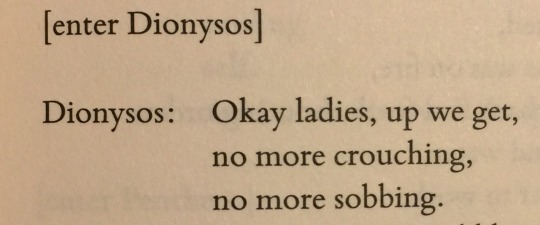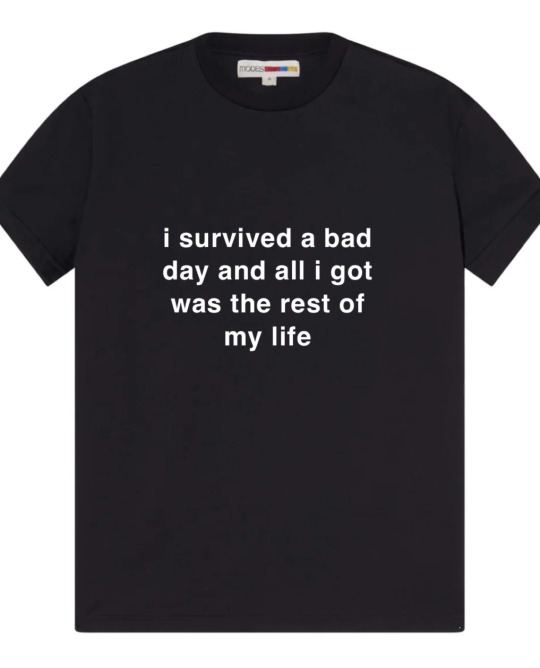Text
I bet it feels good as fuuuuck to slightly draw your sword with all the other knights in anger when a treacherous knave shows their face in the court
37K notes
·
View notes
Text
My girlfriend is on a cruise so while she’s gone I’m gonna cut the sleeves off of all my shirts
659K notes
·
View notes
Text
"If the fear is real, than so is the courage" is a beautiful and poetic response from this random Doctoral Schools lecturer when I said that I've gotten into the habit of telling myself "I am so brave" and variations when I have to do something scary or stressful.
6 notes
·
View notes
Text
what is it about the british accent that makes me absolutely see red......like actually shut the fuck up????
#STOP CALLING ON THE TRAIN PT 20000#feeling so xenophobic towards this man next to me rn#yes obv im more annoyed by the loud calling in public#my noise canceling cant even cancel it out#but the audacity to do it in british????#absolutely insufferable#“oim older than him oi have moare experieyunce”#“its loike oim an idiot or somethang”#STOP TALKING WHILE THIS CUTE AS CONDUCTEUR GIVES THE FUNNIEST SPEECH OVER THE INTERCOM ever#okay im not mad anymore#this conducteur made my day#“if you want to visit the queen....in the queen of portcities... spoor twoalf”#belgium#dutch#love love love
2 notes
·
View notes
Text
"came back wrong" what about Came Back Afraid. You used to be brave. Too brave maybe, defying the odds at every turn, a fighter, cocky, playing with fire, first to throw yourself at the enemy. Until one day it all caught up to you. You came back, somehow, but now you know all too intimately how it feels to lose, to die, to be destroyed. Now you flinch and freeze and cower at the slightest provocation. Who even are you now if you can't be brave? The grave may have let you go, but the mortal fear still grips you tighter than ever.
53K notes
·
View notes
Text
“nobody is making you do this” i am driven by unnatural forces you will never even begin to comprehend
76K notes
·
View notes
Text
"Who says lovers don't have any sense? It must be someone really foolish! Because if one would take all the pleasures out of life, nothing would be left but dying. As for me personally, I am in love with a young girl who plays the lyre - and I've got no sense, by the gods? She's pretty, she's tall, she's wise in her craft; and seeing her is nicer than constantly offering you a part of myself just because you've got the admission price" (Athenaeus, The Dinner Sophists 13.563.a)
2 notes
·
View notes
Text
i need to eat neil josten
#im just#loved tgr but it sent me spiralling down the drain again#never have i cared about a character this much#he is just sooooo#jdjzhdhzhzhz#like yes yes i want to give jean a hug so bad#but neil???#i feel like he exists???#to me#hes so clear in my mind#completely unable to be normal abt him
0 notes
Text
“’Black Sails’ reimagines representation in period dramas by making it integral to the show itself.
Flint’s internal struggle is not figuring out or discovering his sexuality – rather Flint’s character arc exists entirely because of his sexuality. His sexuality is not a prop meant to bolster another more important character or storyline. James Flint would quite simply not exist if he had not fallen in love with another man. Indeed, few plots on the show would exist if not for the fact that various women fell in love with women and men with men.
The driving narrative of this show is the battle for Nassau, a battle waged because of Flint’s love for another man and because this love was taken from him.
Flint is seen as a monster by England — he is a vicious pirate, guilty of innumerable crimes. He was a monster to them before he did any of that, though — he is told his relationship with Thomas is too loathsome and profane to be forgiven, and he is cast out because of it. The trope of the predatory homosexual is deeply rooted in our society. Homoerotic undertones in supernatural fiction have long cast gay people as monsters.
“Black Sails” takes this trope and attacks it. The show insists, rightfully so, that LGBTQ+ people have always existed, but it does not sugarcoat that existence. “They hang men for this,” Mrs. Hamilton tells Flint hours before their worlds all come crashing down, and she is right. Regardless of whether he’s a pirate or a respectable lieutenant, Flint will always be a monster to England, because of his sexuality.
In the third season, our crew is stranded on an island housing a matriarchal colony of marooned and escaped slaves. These people have formed a society entirely in secret. They exist outside the grasp of England’s fist because the crown does not know they exist. “Black Sails” is about people who have been cast out of society, it is about “monsters.” They are gay, women, marooned and escaped slaves. They don’t exist within civilization because civilization cannot allow them to exist. Their very presence challenges the entire façade, because civilization only survives if people cannot imagine it any other way.
In one of the most powerful scenes of the four-season show, Flint acknowledges this construct: “They paint the world full of shadows, and then tell their children to stay close to the light. Their light. Their reasons, their judgments. Because in the darkness, there be dragons. But it isn’t true. We can prove that it isn’t true. In the dark, there is discovery, there is possibility, there is freedom in the dark once someone has illuminated it.” The significance of an explicitly gay character making this declaration cannot be overstated.
For a shining moment, the show allows you to imagine a world in which this coalition of outcasts won. An alternate reality in which the New World was wrenched from England’s hands by an alliance of gay and black men and women. Of course, we know they did not win. Homophobia would become the law of the land in the New World, same as the Old. Slavery would flourish, and the world as we know it today would be built on the backs of enslaved peoples.
So what, then, is the point of “Black Sails”? It is just a story, with very little basis in history. Why imagine a world that could have been when we have to live in the one we have? Thinking of his happiness with his male love, author E.M. Forster once wrote “I see beyond my own happiness and intimacy, occasional glimpses of the happiness of thousands of others whose names I shall never hear, and I know that there is a great unrecorded history.”
“Black Sails” is imagining one of those thousands of unrecorded histories.
The show is an examination of the stories we create of, for and about ourselves. It is about how our narratives are wrested from us and twisted, and it is about how we fight to reclaim those narratives for ourselves. It is the lies we construct and the lies we are told, and the eternal struggle to maintain some truth in the midst of both.
The series closes with a character insisting that, “A story is true. A story is untrue. As time extends, it matters less and less. The stories we want to believe. … Those are the ones that survive, despite upheaval and transition, and progress. Those are the stories that shape history.”
We know from the beginning of the show that Flint’s war against England and civilization itself will not succeed. England’s power eventually waned, yes, but not before piracy was crushed and slavery was firmly entrenched. Homosexuality was still a criminal offense in my lifetime. Despite all of this, “Black Sails” is the power of stories we create in opposition to the stories civilization is built on. As long as we can tell those stories, we exist.
As long as we exist, we triumph.”
- Danielle Hilborn
13K notes
·
View notes
Photo
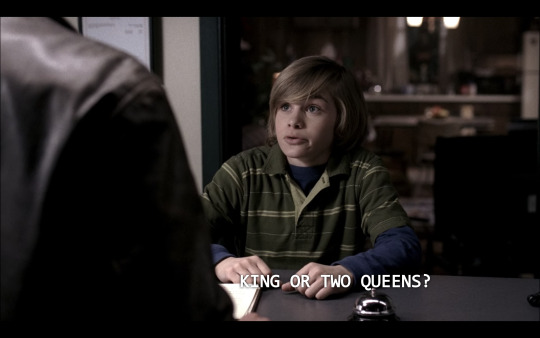
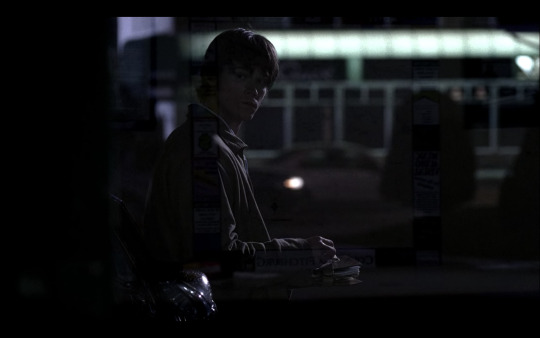
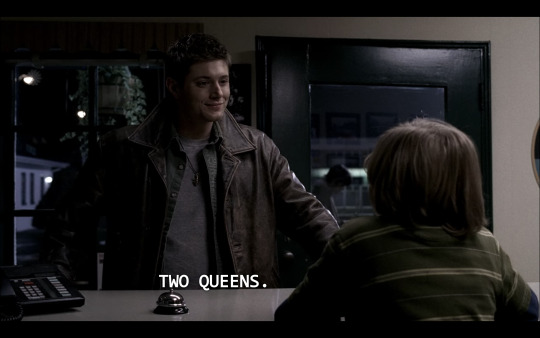

they just don’t do any classic homophobic children moments like this anymore
106K notes
·
View notes
Text


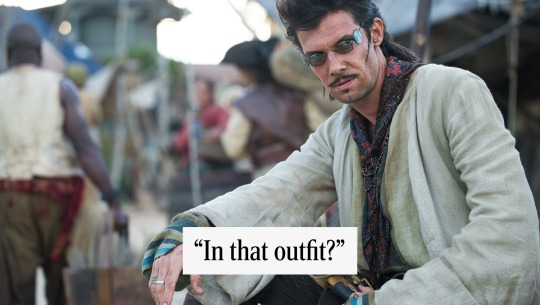


inspired by this post
3K notes
·
View notes


